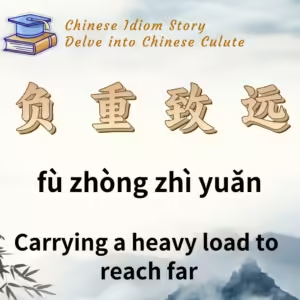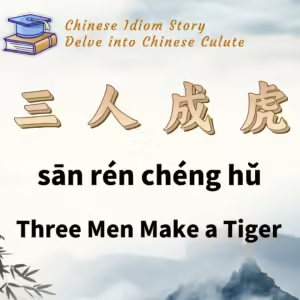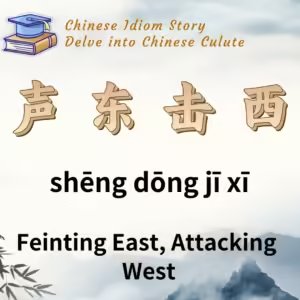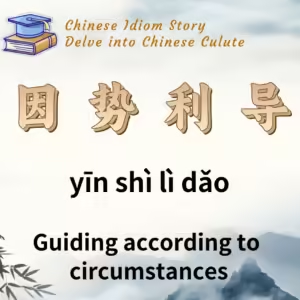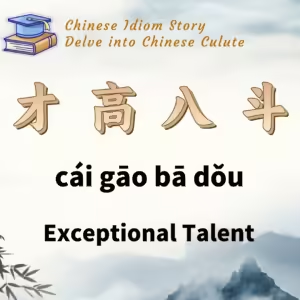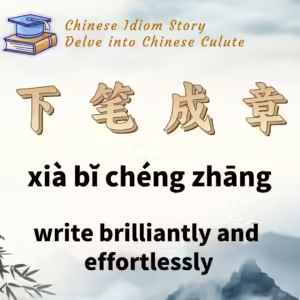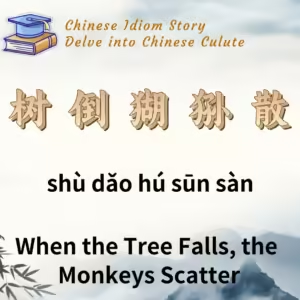
Chinese Idiom: 树倒猢狲散 (Shu Dao Hu Sun San)
English Translation: When the Tree Falls, the Monkeys Scatter
pīn yīn: shù dǎo hú sūn sàn
Idiom Meaning: This idiom satirizes how followers of a fallen leader lose their support and scatter when their patron falls from power.
Historical Source: Compiled by Pang Yuanying in the Song Dynasty, 谈薮
Idiom Story:
During the Southern Song Dynasty, a man named Cao Yong rose to power by closely aligning himself with the corrupt official Qin Kuai. He was known for his sycophancy, gaining both authority and status, while many from his hometown sought his favor.
However, one of his rivals, Li Dexin, who held a minor position as a village head (similar to a village chief), refused to pay any attention to Cao Yong’s status. Feeling slighted by Li, Cao Yong used his official power to pressure local authorities to harass and intimidate him. Despite this, Li Dexin remained resolute and did not yield to Cao Yong’s threats.
After the death of Qin Kuai, who was a significant figure of power, many of his sycophants, including Cao Yong, quickly fell from grace and lost their positions. Cao Yong was demoted to a minor official role in Xinzhou (present-day Xinxing County, Guangdong).
At this moment, Li Dexin sent a letter to Cao Yong. Upon opening it, Cao Yong discovered it contained a poem titled “树倒猢狲散” (When the Tree Falls, the Monkeys Scatter). The poem cleverly compared Qin Kuai to a towering tree and the sycophantic officials like Cao Yong to monkeys. Once the tree fell, the monkeys would naturally scatter, illustrating the fate of those who relied on Qin Kuai’s power.
This poignant allegory emphasizes the transient nature of power and the fragility of those who cling to it. Thus, the idiom “树倒猢狲散” has come to symbolize the downfall of a leader leading to the dispersal of their followers.

